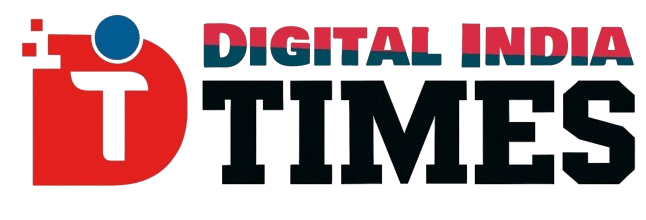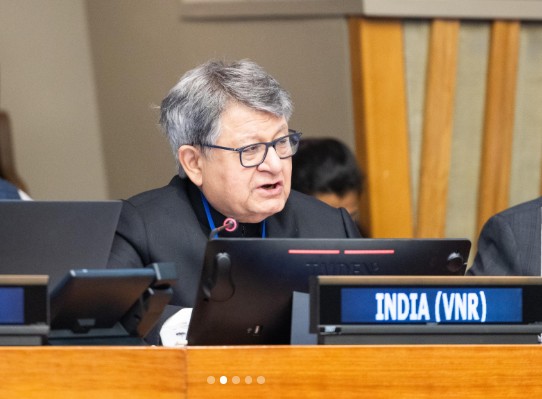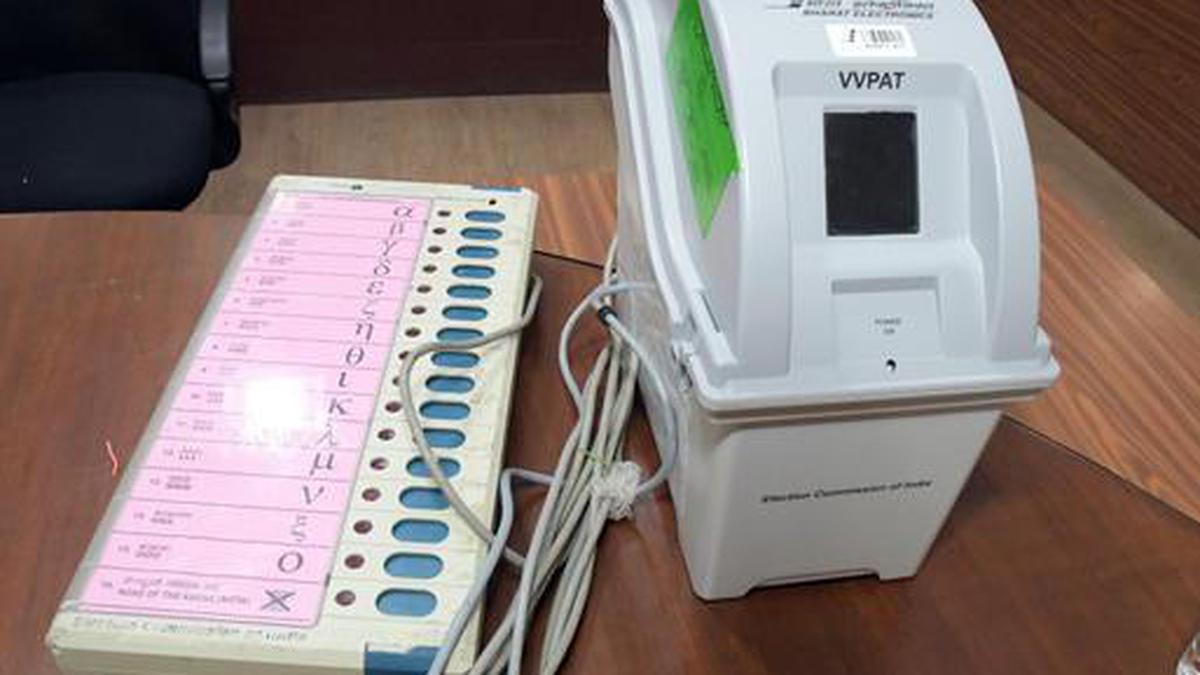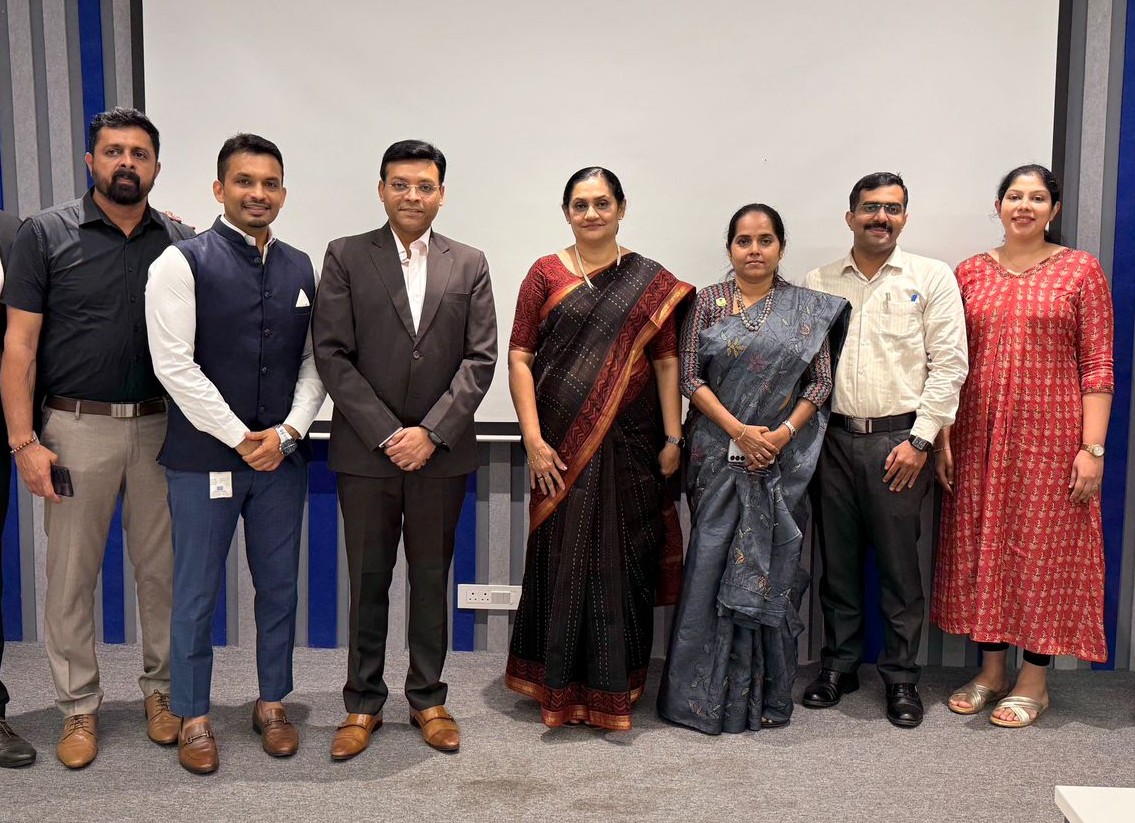New York, July 28: At the Ministerial Segment of the United Nations High-Level Political Forum (HLPF) on Sustainable Development Goals (SDGs) held on July 23, NITI Aayog Vice Chairman Suman Bery presented India’s Third Voluntary National Review (VNR), highlighting the country’s integrated and transformative approach to achieving the 2030 Agenda.
Speaking at the Economic and Social Council (ECOSOC) session, Bery described the review as a reflection of India’s journey in turning the SDGs into a national movement, underpinned by economic growth, social inclusion, and data-driven governance. He emphasized the country’s “whole-of-government and whole-of-society” model that has facilitated deep localisation and broad-based stakeholder participation.
A Decade of Decisive Action
The 2025 VNR presents a decade of impactful interventions and policy innovations:
- 248 million people are estimated to have escaped Multidimensional Poverty (MPI)
- PM Garib Kalyan Anna Yojana ensured continued food and nutritional security
- Ayushman Bharat and POSHAN Abhiyaan significantly expanded access to healthcare and nutrition
- Initiatives like PM-KUSUM, PM Surya Ghar Muft Bijli Yojana, and the National Green Hydrogen Mission signal strong progress in the clean energy transition
- India is now ranked as the third-largest startup ecosystem globally
Infrastructure and Digital Transformation
Flagship programmes such as PM Gati Shakti, Make in India, and the National Industrial Corridor Development Programme have bolstered infrastructure development and industrial growth. The report further lauded India’s pioneering work in Digital Public Infrastructure (DPI), driven by the Jan Dhan–Aadhaar–Mobile (JAM) trinity, now regarded as a global model for inclusive and transparent service delivery.
Tools for Localisation and Accountability
India’s commitment to data-driven governance is reflected in its use of:
- SDG India Index
- North Eastern Region District SDG Index
- National Multidimensional Poverty Index
These tools, along with initiatives like the Aspirational Districts Programme (ADP) and Aspirational Blocks Programme (ABP), have enabled localised implementation and last-mile delivery of government services.
A Global Role in Sustainable Development
The VNR also acknowledges India’s growing stature as a South-South cooperation leader, contributing to capacity building and institutional support for fellow developing nations.
Aligning with the broader national vision of Viksit Bharat @2047—India’s centenary development goal—the VNR underscores a future-oriented strategy built on inclusion, innovation, and institutional strength.
This marks India’s third VNR submission to the UN, reaffirming its commitment to the 2030 Agenda and establishing it as a proactive, transparent, and collaborative leader in the global SDG community.









